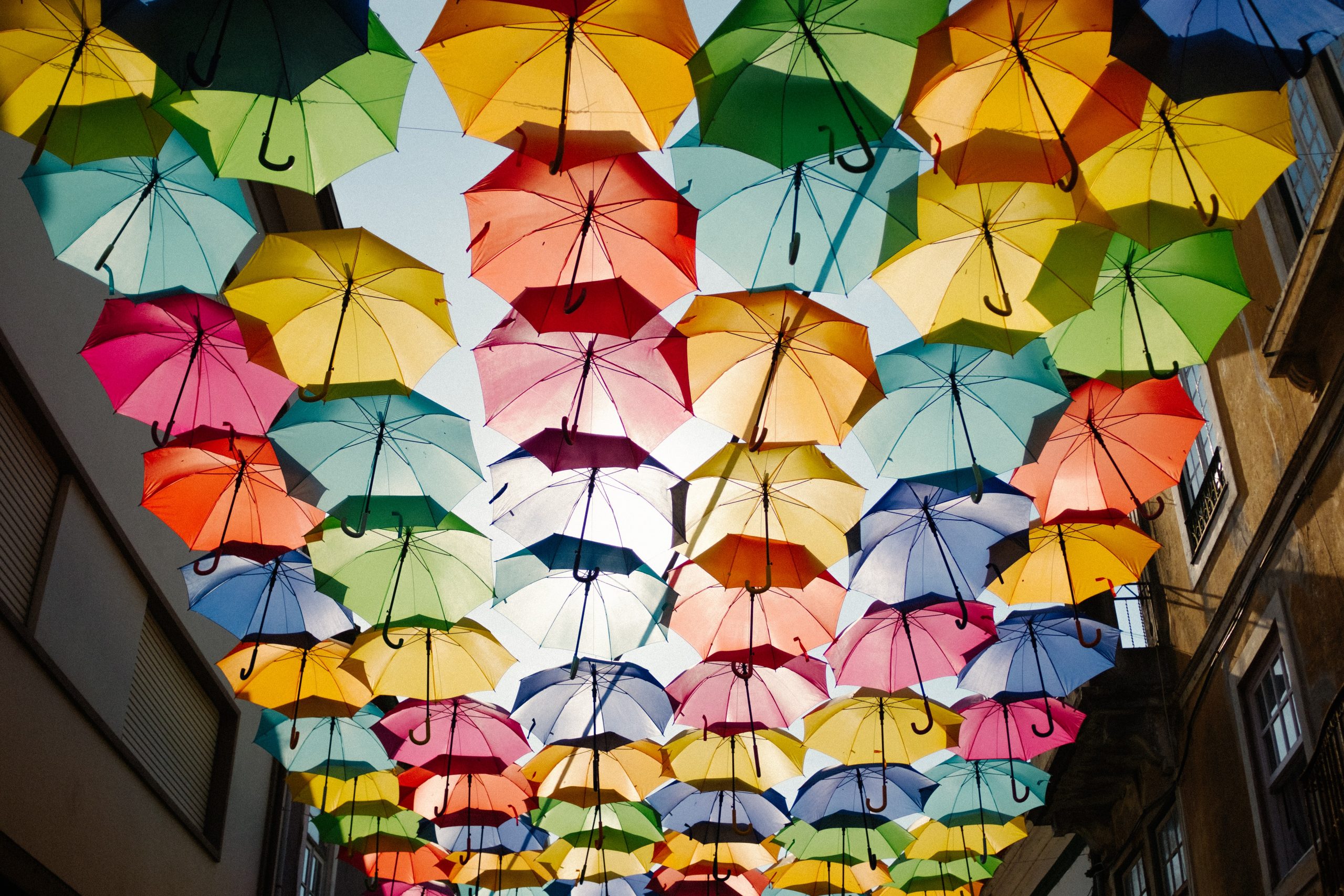Respecting the rights of others begins with each of us. We all want to be free to make our own decisions about what we say and do, but of course the limit to our freedom is when our actions or words start to cause harm to others.
However, it’s not just up to individuals to work out what is right and wrong or how to deliver on the promise of human rights – our governments are instrumental in respecting and fulfilling human rights.
Governments must never violate our human rights, but they must also proactively make sure people’s rights are upheld and fulfilled. For example, it’s one thing to have the right to an education written in a declaration or charter of rights, but unless our governments create the policy settings that ensure schools are functioning and accessible to all children, that right won’t be realised. Likewise, without a system in place that allows us to safely and freely cast a vote, our right to have a say in choosing our government becomes meaningless.
So while we all as individuals, organisations or businesses, have a clear responsibility to respect and not to violate human rights, our governments have that same duty but also a further obligation to ensure human rights are both protected and fulfilled.
Our national governments then come together at the United Nations to discuss and set various human rights standards. For example, the UN Universal Declaration of Human Rights (UDHR) sets out the basis for all of our human rights – it provides the foundation for all international human rights laws and treaties that have come since.
In summary, the responsibility for who protects human rights is spread across various layers of our society. These include:
States
States, as in governments represented by ministers, diplomats etc, have the primary responsibility to promote, protect, respect and fulfil human rights. They have this responsibility to anyone within their territory or who may be subject to their jurisdiction, control or influence. Our governments have a huge impact on the realisation (or denial/violations) of human rights through the laws they make and the court systems are meant to provide avenues for citizens to seek justice and redress for violations.
The United Nations
The UN has various functions and forums that help us maintain the agreed global standards for human rights, identify violations and pursue remedy and encourage improvement.
Regional human rights bodies
Regional bodies, such as the African Commission on Human and Peoples’ Rights, provide additional avenues for people and communities to seek accountability.
Businesses and other “non-State” actors
Business has a significant impact on human rights – for better and for worse. Strong and enforceable laws and regulations are essential, but businesses have a duty to respect rights and can also proactively follow human rights guidelines and ensure they have robust systems to ensure access to remedy for disputes or violations. Other non-state actors, include organised militias, associations, clubs or groups of people that are likely to impact – for better or for worse – on people’s human rights.
Human rights defenders and the human rights movement
We all have the right to defend and promote human rights and this can take a variety of forms. People who take time to promote or protect human rights, whether it’s part of their job or in their own time, are part of the human rights movement – the broad collection of people and organisations that want to see a commitment to freedom, respect, equality and dignity protected in our laws and reflected in the very systems and structures that our societies rely on.
This overview hopefully gives you an idea of who protects human rights and that the primary responsibility rests with governments to respect, protect and fulfill our human rights. More information about who protects our human rights can be found by following the specific links above.
Sometimes one set of human rights needs to be balanced against another. For example, the Declaration of Human Rights explains that everyone has the right to free speech, but it also explains everyone has the right to be safe and free from discrimination. This means that our right to free speech does not extend to speech that would incite hate, violence or harm anyone else. Whereas other rights are ‘absolute’. For example, torture is never acceptable in any circumstances – there is no justification for it whatsoever and it is strictly prohibited in any form.
Governments need to find ways to ensure everyone’s rights are properly respected and protected. And citizens have the right to make sure this happens.
Governments might do it in slightly different ways or strike slightly different balances, but the key is to ensure the freedom, respect, equality and dignity of citizens is always considered and prioritised in laws, policy and practice.

